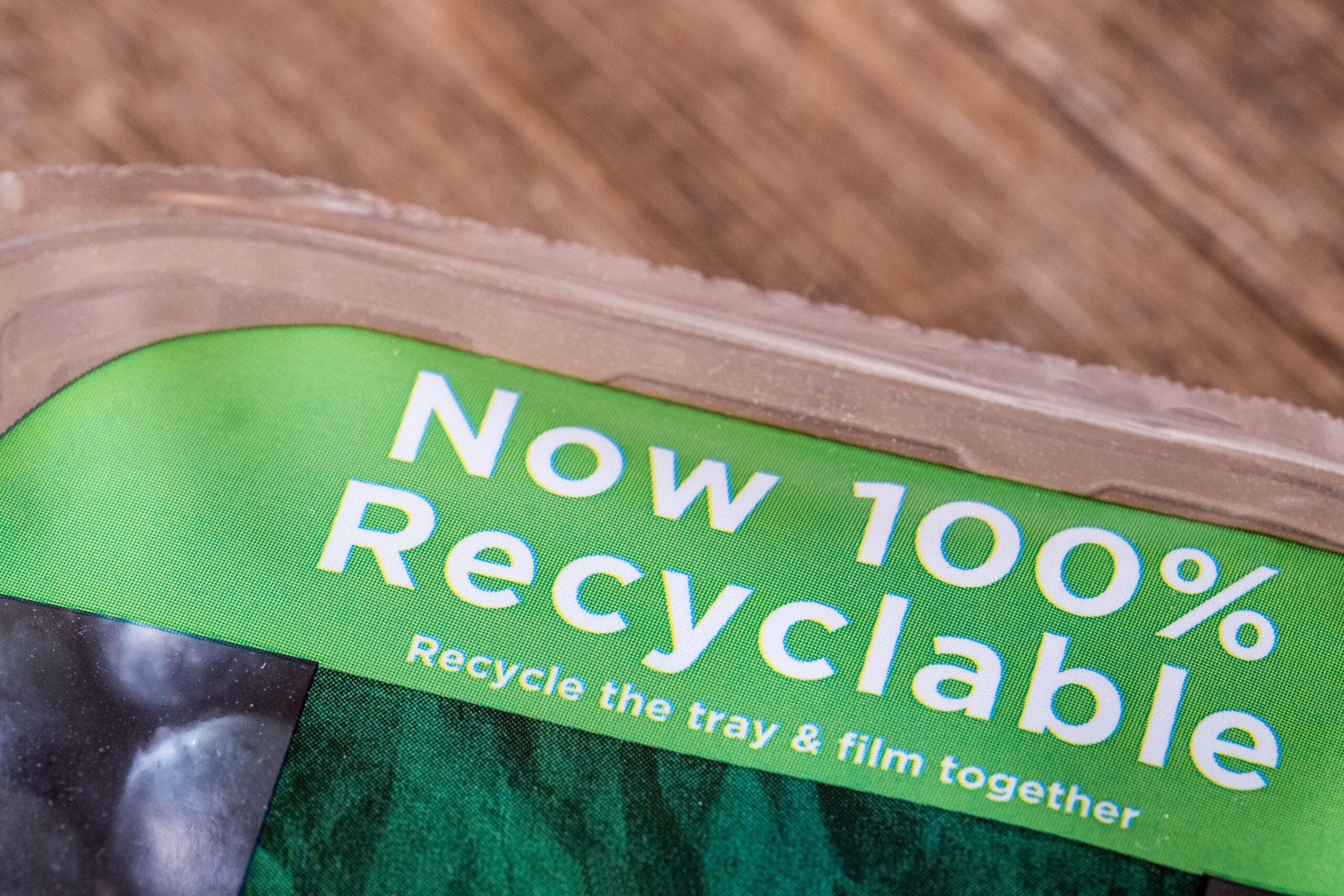Pick from our related articles...
You can find us on
Keep yourself up to date with Let's Recycle It latest news
Landfill Tax Increase | What It Means for a Circular Economy
The Spring Budget announcement by Chancellor Jeremy Hunt has sent ripples across the waste management sector, with a substantial landfill tax increase signalling a shift in the government’s approach towards sustainable waste management. The Spring Budget’s update heralds a critical juncture for environmental management and sustainability, highlighting the government’s commitment to greener practices and the financial mechanisms intended to support this transition.
UK Landfill Tax Increase
In a significant move, the Chancellor unveiled plans to increase the Landfill tax from £102.10 to £126.15 per tonne for the standard rate and from £3.25 to £4.05 per tonne for the lower rate by 2025-26, to better mirror the Retail Price Index (RPI). By adjusting these rates, the government intends to encourage investments in alternative waste treatment facilities and recycling, addressing recent spikes in inflation that have previously not been accounted for, thus maintaining the competitiveness of more environmentally friendly waste processing options.
Industry Calls for More Comprehensive Measures
The Environmental Services Association (ESA) and key figures within the industry, such as Jacob Hayler and Gavin Graveson, have voiced their support for these changes. However, they stress that while the adjustment is welcome, it addresses only half of the necessary reforms. The industry leaders are advocating for additional fiscal measures to not just deter landfill use but to actively promote recycling and the integration of a circular economy.
Hayler, the Executive Director of ESA said, “The Chancellor’s announcement that landfill tax rates will be adjusted to reflect actual RPI will help to ensure waste material does not fall down the hierarchy and will incentivise investment in alternative circular economy infrastructure.
“Recent inflation spikes have not been accounted for in determining the rate of landfill tax, which has eroded the competitiveness of alternative waste treatment and recycling facilities. Today’s budget corrects this calculation and is very much welcomed by the Environmental Services Association.
“However, correcting Landfill Tax rates – while hugely welcome – was just one-half of ESA’s asks of this budget. To achieve a more sustainable circular economy and decarbonise waste treatment, the UK needs additional fiscal policy measures that don’t just stop waste falling into landfill, but which actively drive material up the waste hierarchy by stimulating market demand for recycled materials.
“That is why an escalator on the plastic packaging tax, and perhaps a widening of this tax to all forms of packaging, remains a crucial policy instrument for future budgets.”
Let’s Recycle It Perspective
At Let’s Recycle It, we view these changes not as a challenge but as an opportunity to further our mission for a sustainable planet. We believe in the power of recycling and the critical role it plays in the circular economy. By adapting to these new tax structures and investing in recycling and waste management technologies, businesses can contribute to a greener, more sustainable world.
We also agree with Jacob Hayler and the ESA that this should come not in isolation, but as part of more comprehensive package of regulatory changes to increase the demand for recycling services and recycled materials – such as increasing the plastic packaging tax and extending it to cover more materials. This is a pivotal moment for the industry to embrace innovation, reduce waste, and move towards a more circular economy where every piece of waste has the potential to be a resource.
The Spring Budget’s adjustments to the Landfill tax signal a clear move towards environmental sustainability and a circular economy. While the industry welcomes these changes, there is a collective call for broader reforms to ensure these measures lead to tangible improvements in waste management and recycling. At Let’s Recycle It, we are committed to leading by example, advocating for sustainability, and supporting the transition towards a more circular and environmentally friendly economy.
Follow us to stay up to date on our latest news
If you would like to receive our newsletter to keep up to date with Let’s Recycle It news and to receive marketing information regarding our services, please let us know:


